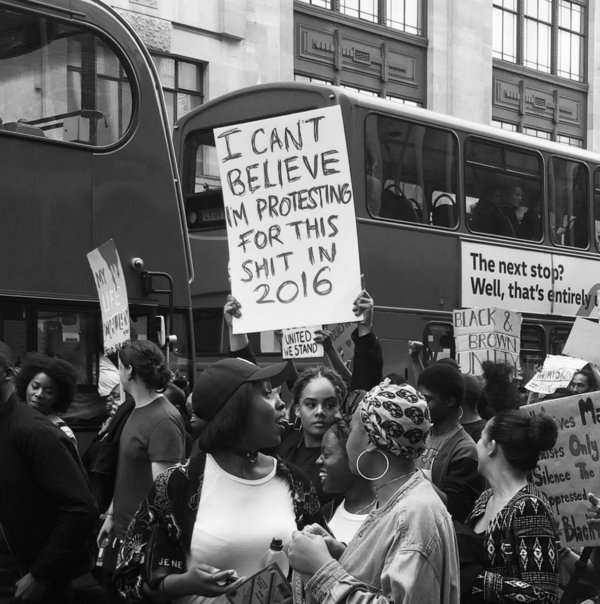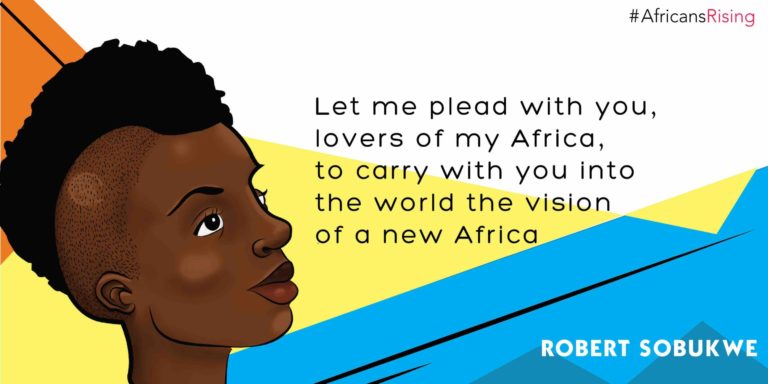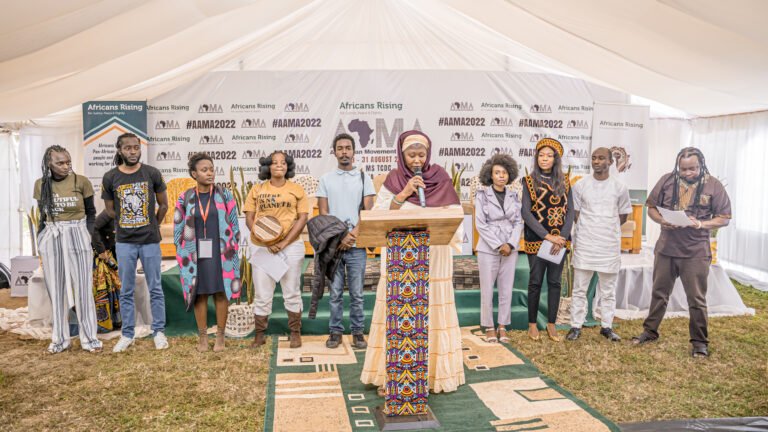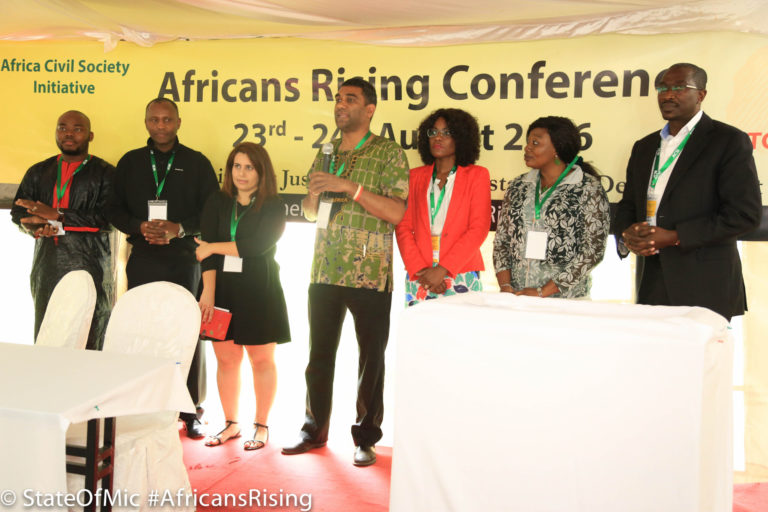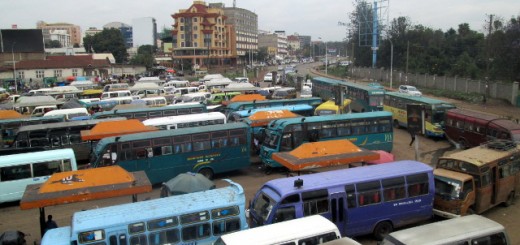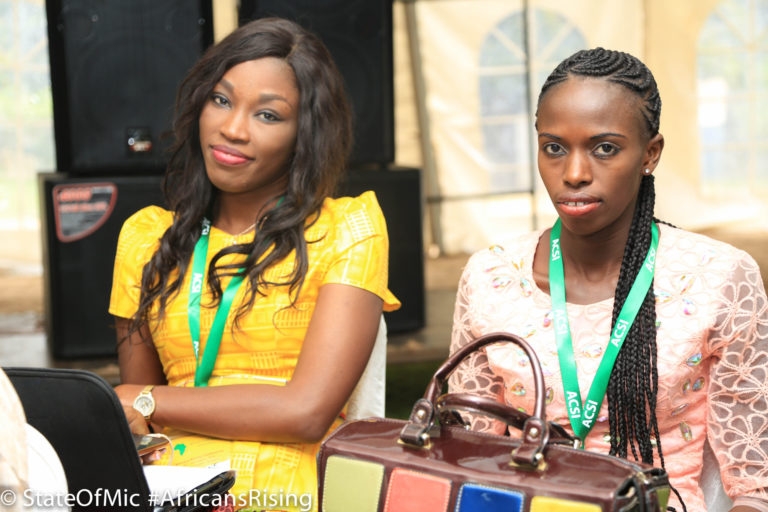“We can say with no exaggeration that the South West and North West regions of Cameroon are in crisis.”
Africans Rising for Justice, Peace & Dignity
Report: Cameroon Fact Finding Mission
Executive Summary
In October 2016, associations representing teachers and lawyers in Cameroon’s Anglophone South West and North West regions, embarked on a strike action. Their demands centred on greater inclusion and promotion of English-speaking Cameroonians in the teaching and legal sectors as well as across government and society in general, both regionally and nationally.
The strikes were followed a few weeks later, by public protests in the regions two main centres, Bamenda and Buea. The strikes were organised by civil society organisations in the regions in support of the teacher and lawyer strikes and; against the general ‘marginalisation and deprivation’ of Anglophone Cameroonians by the Francophone authorities and government of President Paul Biya. The protests were broadened to include ‘ghost town’ actions – stay-at-home boycotts enacted twice a week that led to major disruptions of schooling, judicial processes, businesses and other essential services.
The government responded to protests with a security crackdown that led to reported human rights violations by the security forces including killings, arbitrary arrests, detentions, torture, harassment and intimidation. The Internet blockade instituted in January has denied millions of people in the Anglophone regions access to the Internet and currently remains in effect. This virtual blockade and the militarised security crackdown in the South West and North West regions, has produced a pervasive climate of repression, fear and intimidation amongst English speaking Cameroonians
Concerned about the worsening human rights situation, a four-person delegation from Africans Rising embarked on a fact-finding mission to Cameroon from 15th to 20th February 2017; to understand the nature of the conflict, its context and its impact on the people of Cameroon and; to help seek peaceful and just solutions to the crisis for the Cameroonian people.
The delegation met discreetly with a range of stakeholders, many of whom requested anonymity out of fear for their safety. They shared eyewitness accounts of the reported human rights violations and their impacts on local communities.
The delegation directly observed the devastating economic impact of the Internet blockade, disrupted cellular communications, the closure of businesses and, the negative social impacts on education, healthcare and, general security in the regions affected by the government’s militarised security crackdown. We can say with no exaggeration that the South West and North West regions of Cameroon are in crisis.
The repressive response by government has also had a serious political impact, most notably the closing of civic space for political action that in turn undermines citizens’ fundamental rights to freedom of expression, assembly and association.
This deepening crisis, has the potential to flare up into another genocide – Africans Rising recommends that:
The government end the repressive actions and fear by ceasing its militarised security operations in the Anglophone regions with immediate effect;
The immediate and unconditional release all people detained – including children, civil society leaders and, journalists – arrested and detained in connection with the process;
The immediate restoration of Internet access and, the resumption of schooling;
Urgently proceed with the establishment of an open, independently mediated dialogue process between government, the Anglophone people and civil society to address all grievances and heal this disunity of the Cameroonian peoples.
As an emerging movement of people and social formations, working for justice, peace and dignity we call on African organisations such as the African Union and, social justice groupings; to engage and help bring about lasting peace and build solidarity with the people of Cameroon for a peaceful and prosperous future for all.
The full Report in English is available here:
The full Report in French is available here:
The Executive Summary in French is available here:

